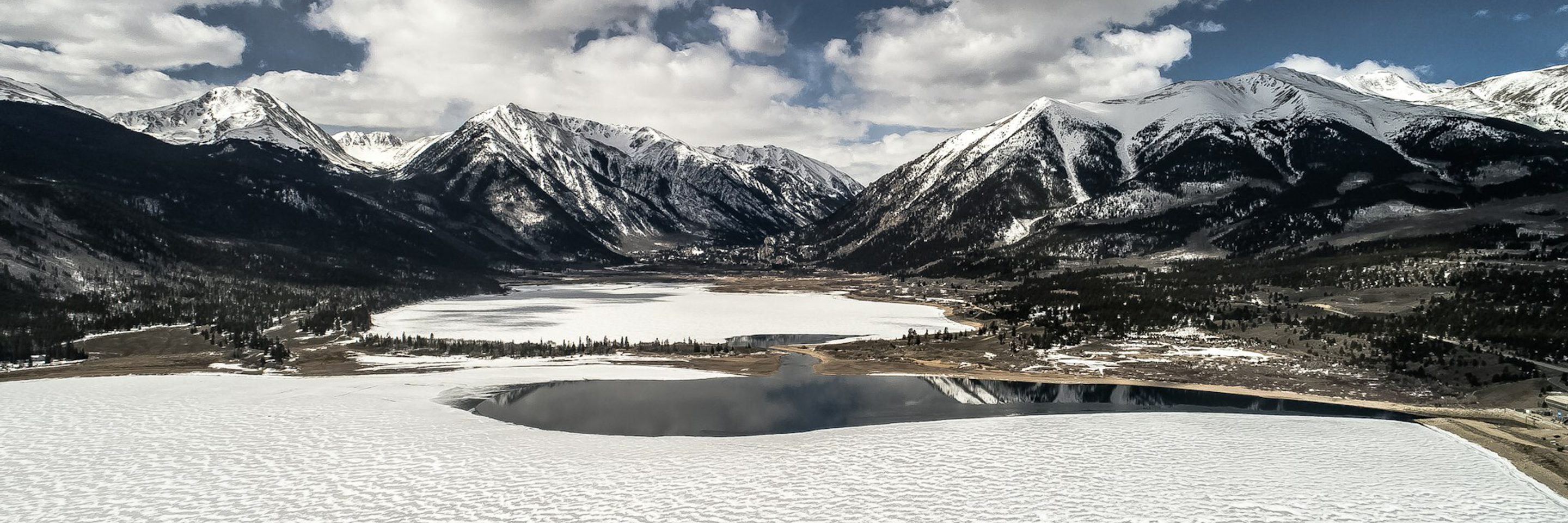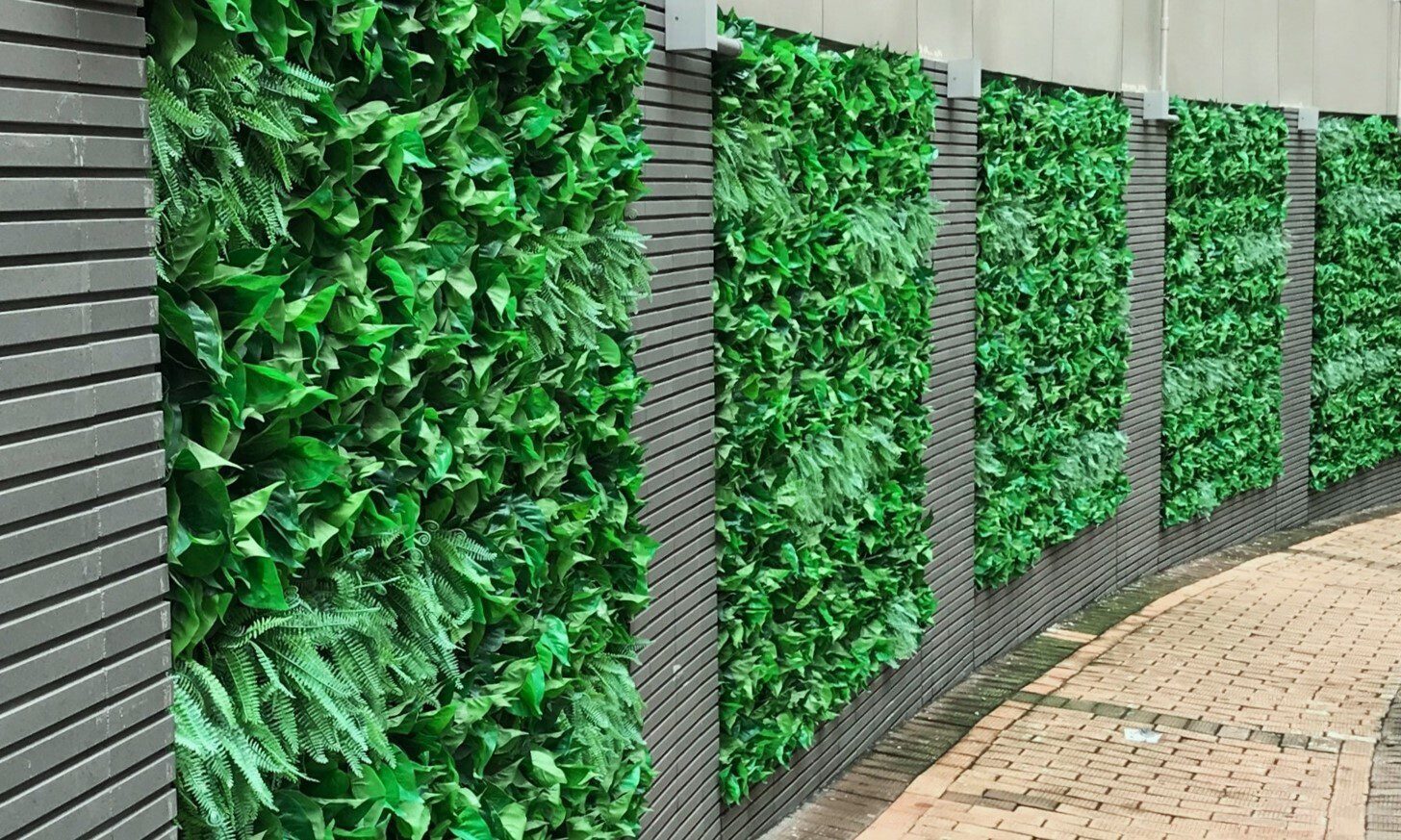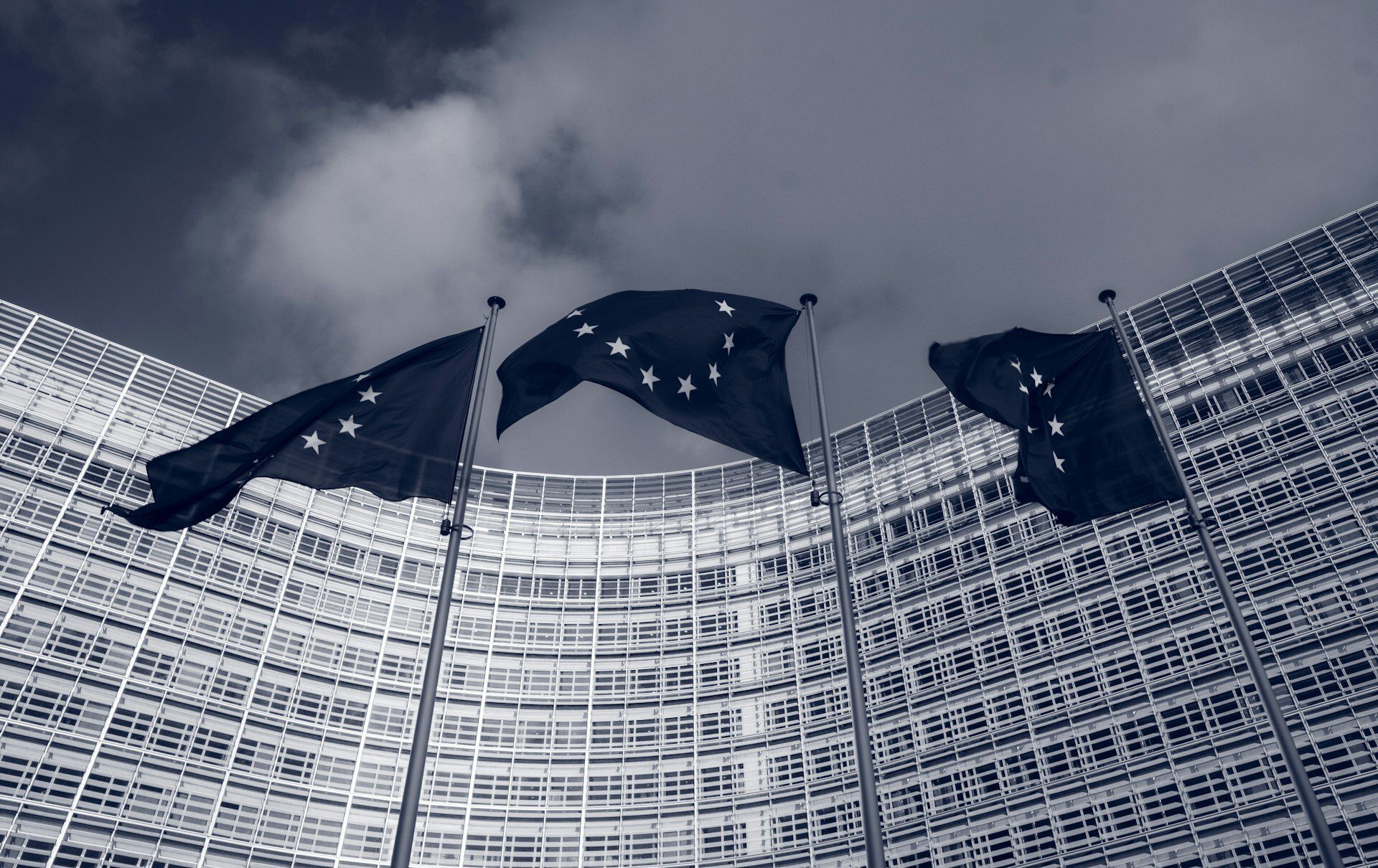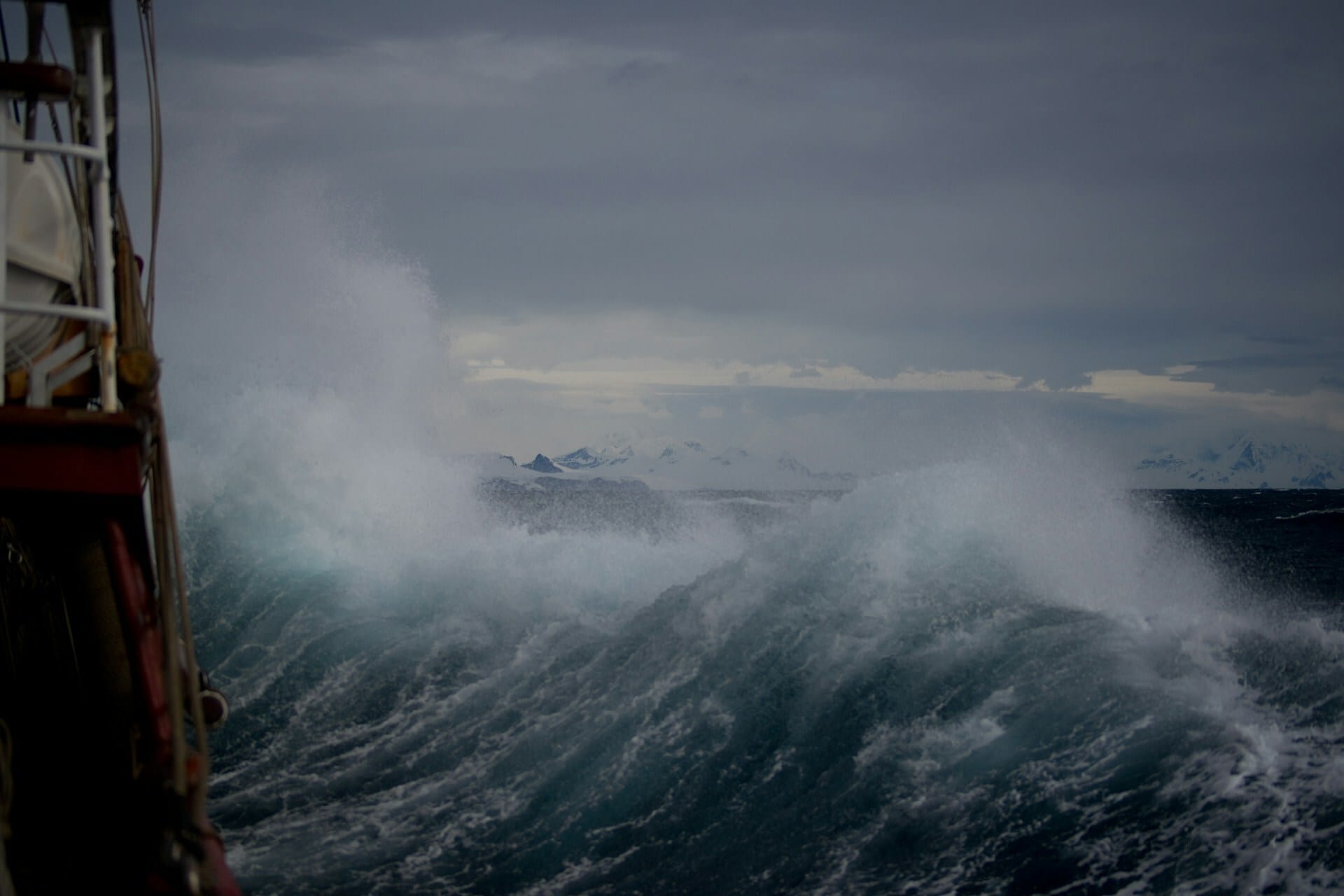
The nine boundaries of sustainability: Why crossing Earth’s limits threatens business, life, and the future
According to Climate Action Tracker global warming is expected to rise 2.7⁰C above pre-industrial levels, falling short from the Paris Agreement. This is if current policies won't change.
The Paris Agreement threshold of 1.5⁰C above pre-industrial levels, was set in place as necessary to mitigate the long-term impacts of global warming.
Developed by the Stockholm Resilience Centre's researchers, the planetary boundaries framework highlights the rising risks from human pressure on nine critical global processes that regulate the stability and resilience of the Earth.
Climate Change
Concentration of greenhouse gases in Earth's atmosphere. Increased gases trap heat, resulting in global temperature rise.
Status: Exceeded
Biosphere Integrity (Biodiversity Loss)
Disrupting genetic and species diversity threatens the ecosystem resilience and stability.
Status: Exceeded
Land system change
Deforestation and urbanization transform natural landscapes, and consequentually disrupts carbon sequestration and moisture recycling.
Status: Exceeded
Biogeochemical Flows (Nitrogen & Phosphorus Cycles)
Nutrient elements lare crucial for supporting life and maintaining ecosystems. Balance of nutrients regulate soil fertility and water quality.
Status: Exceeded
Freshwater Change (Blue & Green Water Use)
Human-induced disturbances of both blue water (e.g. rivers and lakes) and green water (i.e. soil moisture) impacts natural functions such as carbon sequestration and biodiversity.
Status: Exceeded
Ocean Acidification
CO2 absorption lowers ocean pH, threatening marine life and coral reefs and degrading the oceans’ ability to act as Earth’s stabiliser.
Status: Exceeded in 2025
Atmospheric Aerosol Loading
Airborne particles influence the climate by altering temperature and precipitation patterns and affect human health.
Status: Just within the Safe Operating Space
Stratospheric Ozone Depletion
Ozone high in the atmosphere protects life from harmful UV radiation.
Status: Within safe zone (recovering) due to the Montreal Protocol
Novel Entities (Chemical Pollution)
Synthetic compounds like plastics, pesticides, and heavy metals that modify the genetics of living organisms, and otherwise intervene in evolutionary processes and change the functioning of the Earth system.
Status: Exceeded
How does it affect your future business and future life?
We are making a progress in reducing planet-harming actions despite significant challenges such as the rollback of climate policies in major contributing nations like the USA.
The COP (Conference of the Parties, the main decision-making body of the United Nations Framework Convention on Climate Change) series needs to double down and harden both the commitments of its members and the timeframes for compliance.
Instead of asking "what is the minimum required to stay compliant" forward-looking companies, are embracing full commitment to climate and ecological responsibilities.











